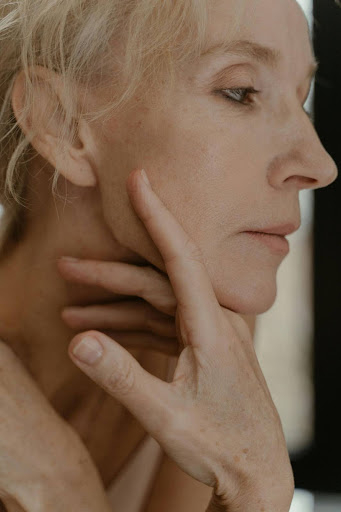
The Importance of Sleep
The Importance of Sleep
The Importance of Sleep
Sleep has interested scientists for many decades, and with ongoing research and advances in technology, several discoveries show that sleep is vital for many aspects of life. Re-fueling is often considered essential, but good quality sleep is rarely seen as equally important. Getting enough sleep is, in fact, as crucial as a healthy and balanced diet. Not getting enough sleep can result in several health issues, such as obesity, diabetes, high blood pressure, and heart diseases.
Why Do We Need Sleep?
Our body is continuously repairing itself, and resting gives it a chance to catch up with the work we did throughout the day. Our mind is also in need of time to consolidate what has been learnt, to store memories, and to remove the unnecessary neurochemical by-products. A period of unconsciousness is necessary to store information gathered through the day and move those "files" from a temporary location to a more permanent one. Sleep is often considered as a period of inactivity, but this couldn't be further from the truth; while asleep, our brain is highly active, and it's changing to ensure optimal functionality. Our bodies are converting food into energy and providing the brain with the compounds needed to transmit the signals.
What is Sleep?
After our cells use energy, adenosine remains and builds up, which signals the body to rest. This process is what makes up the basis of a daily biological cycle known as the circadian rhythm. The circadian rhythm (also known as your body clock) is determined by how much the body has been "tasked" throughout the day. Just as the body signals when it needs fuel and fluids (hunger and thirst), it also signals when it is running low on energy. Melatonin is another crucial component of sleep. These hormone levels rise when the light in our environment is reduced. Our internal clock is partly regulated by exposure to light, which causes the levels of melatonin to decrease, leaving us feeling awake and energetic.
How much sleep do we need?
Most adults from the age of 18 to 60 need, on average, 7/8 hours of sleep per night. As well as adequate sleep, we also need good quality sleep. Sleep quality is determined by how long the person is continuously asleep, which allows for different stages of sleep. The sleep is divided into five stages: The first stage is the shortest one, which lasts only around ten minutes and allows for the body to relax. The second stage is still considered light sleep and it prepares our body for deep sleep. It's believed to be the stage where most of our memories are formed. In the third and fourth stage, it is more difficult to be awakened, and our body temperature decreases, along with our blood pressure and pulse. The final stage, the REM (rapid eye movement) sleep, is the phase where the brain is most active. This stage facilitates memory formation and the consolidation of information. It's crucial to make the appropriate changes to our sleeping habits to allow the body to repair itself and to allow for overall well-being.
Sleep is a really important foundation for health and longevity. Sleep is very important for your mental health and wellbeing alongside your physical health. People who sleep less than 7 hours per night have up to a 26% higher chance of dying.
Blue light blocking glasses are a great addition to your evening as they filter the amount of artificial light given off by screens. Reducing screen time in the evening and using blue light blocking glasses can significantly increase your sleep quality.
If you have any questions, please feel free to contact us at [email protected].
Contributed by Aura Di Domenico




